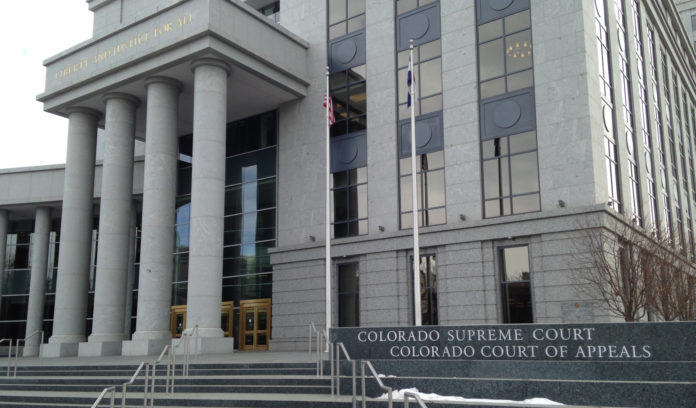
Editor’s Note: Law Week Colorado edits court opinion summaries for style and, when necessary, length.
Parental Responsibilities Concerning C.E.S.K.
When parties seek an allocation of parental responsibilities in a dissolution of marriage proceeding, the pre-decree death of one spouse immediately abates the action and divests the court of jurisdiction to enter any further orders in the case, including an APR order.
This case presented a similar scenario: the death of one parent during a stand-alone APR proceeding between two fit, unmarried parents.
The Colorado Court of Appeals held that when no other party has intervened at the time of the parent’s death, the same rule applies. So in an APR proceeding exclusively between two fit parents, the death of one parent before a permanent APR order has been entered divests the court of jurisdiction and requires dismissal of the case.
In this case, Noah Somma petitioned for an APR as to his daughter, who was then living with the child’s mother. While the case was pending, the mother died. After her death, the child’s maternal grandmother, Diane Kanagy, moved to intervene and sought her own APR. The district court granted the motion and entered permanent orders allocating majority parenting time and sole decision-making responsibility to Kanagy.
Somma appealed the permanent orders, arguing, among other things, that the district court lost jurisdiction over the case upon the mother’s death.
The Court of Appeals agreed. The appeals court vacated the judgment and remanded the case to the district court to dismiss it. It also reversed the award of attorney fees in favor of Kanagy.
BNC Metropolitan District No. 1 and BNC Metropolitan District No. 2 appealed the district court’s dismissal of their breach of fiduciary duty claim against Theodore Antenucci, Janis Emanuel, Robert Bol, Julianna Antenucci and Pauline Bol under the Colorado Governmental Immunity Act.
Because the districts failed to sufficiently allege that the individual defendants acted outside the scope of their employment as members of the districts’ boards of directors, the requirements and limitations of the CGIA apply.
One such requirement is that the plaintiff must provide notice of the claim. This is so even when the lawsuit involves a public entity suing its own employees. Because notice is a jurisdictional prerequisite under the CGIA, the Colorado Court of Appeals found the districts’ failure to provide notice means their tort claim against the individual defendants is forever barred.
The appeals court affirmed the district court’s dismissal of the districts’ breach of fiduciary duty claim and remanded for consideration of attorney fees.

